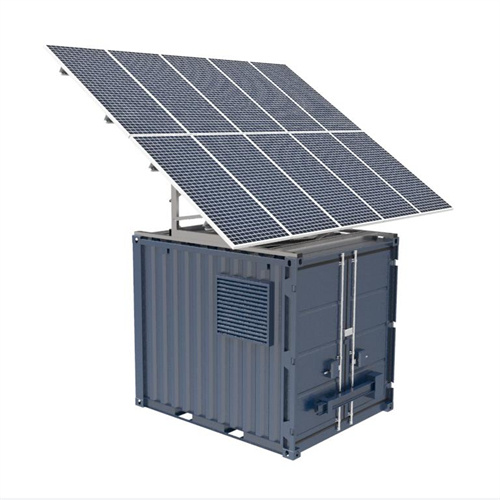Battery home energy storage solution
A single battery may not be able to power your whole home, so you’ll need to prioritize what’s essential, such as lights, outlets, air conditioning, the sump pump, and so on. But if you want to run everything in your house, some systems allow you to stack or piggyback more than one unit to achieve the level of backup.
Batteries and solar panels store energy as direct current or DC. Connecting DC-coupled systems to solar results in less power loss. The grid and your home run on alternating current, or.
Some appliances, such as central air conditioning or sump pumps, require more power to start up than once they are running. Make sure the system can accommodate your.
As the photovoltaic (PV) industry continues to evolve, advancements in Battery home energy storage solution have become critical to optimizing the utilization of renewable energy sources. From innovative battery technologies to intelligent energy management systems, these solutions are transforming the way we store and distribute solar-generated electricity.
6 FAQs about [Battery home energy storage solution]
What is a home battery backup system?
Home battery backup systems are often installed in conjunction with solar panel systems. With this setup, you can increase your energy independence by storing excess solar energy generated during the day for use at night or during power outages.
What is a home energy storage system?
Most home energy storage systems provide partial backup power during outages. These smaller systems support critical loads, like the refrigerator, internet, and some lights. Whole-home setups allow you to maintain normal energy consumption levels—but at a cost.
How much do energy storage batteries cost?
On average, energy storage batteries cost around $1000 per kWh installed. Our solar and battery calculator will help give you a clearer insight into the cost of the most popular battery systems. Most hybrid (battery storage) inverters can provide emergency backup power for simple appliances like lights, fridges and TVs.
Are home battery backup systems a good investment?
Home battery backup systems represent a significant advancement in residential energy management. They offer increased energy independence, protection against power outages, and the potential for long-term cost savings. While the upfront costs can be high, declining prices and government incentives make these systems increasingly accessible.
What are the benefits of a home battery backup system?
Home battery backup systems offer several attractive benefits many homeowners can appreciate. With a battery backup system, you can achieve a high degree of energy independence. This means less reliance on the grid and protection against rising electricity costs.
How much does a home energy storage system cost?
On average, home energy storage systems can cost between $12,000 and $20,000, but they may be even more expensive depending on the design, features, and battery you choose. There are battery incentives and rebates available, including the 30% federal tax credit.

